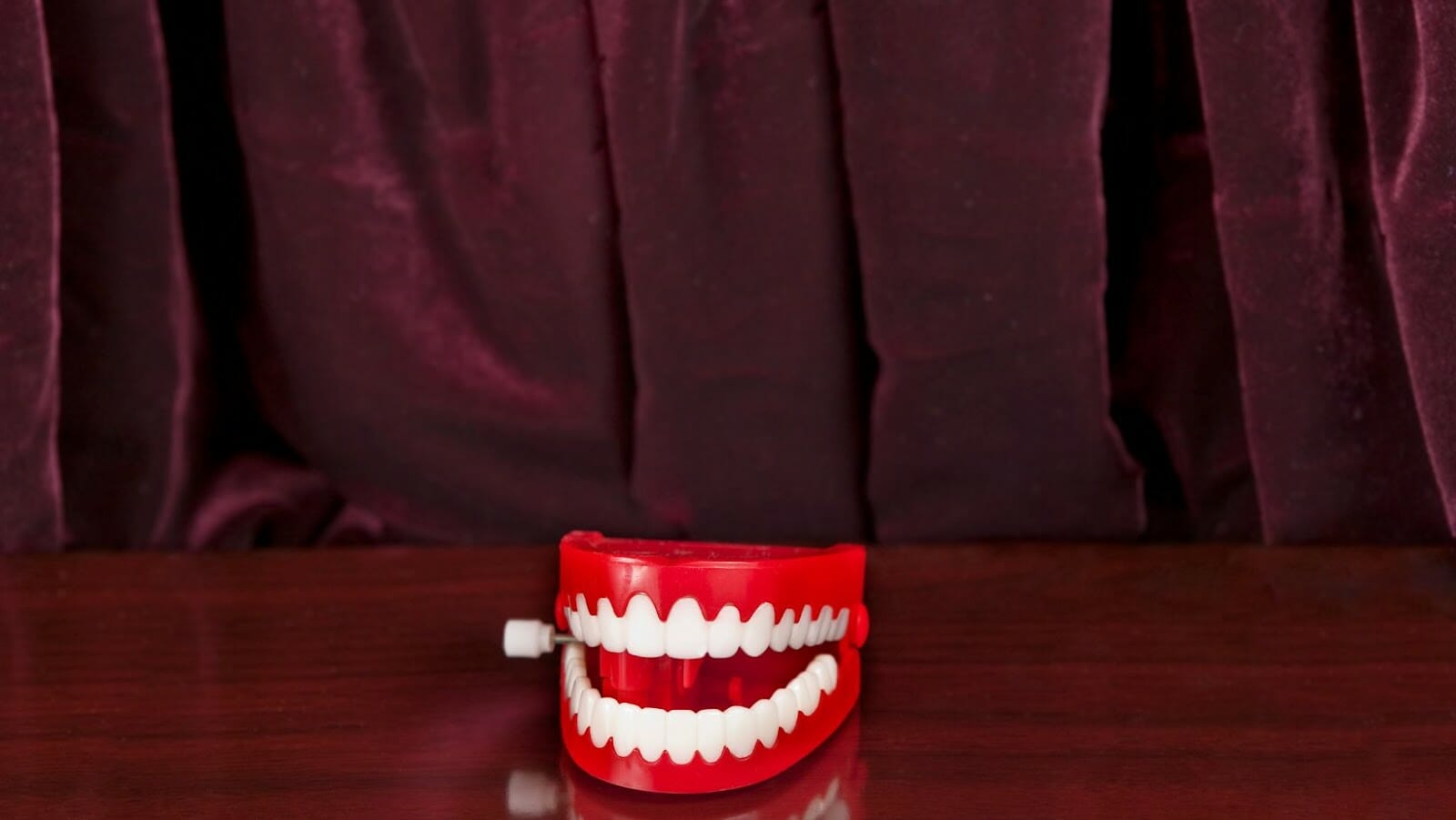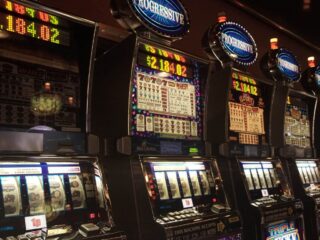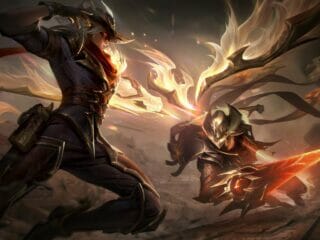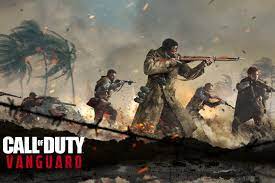
Jokes consist of a story, most times unverified and unverifiable, which is used for the purposes of humor. Most jokes are funny because they use irony and other literary devices to create a difference between what we expect to happen and what actually happens. It is this difference that provides us with amusement; however it is important not only to note what this difference is, but also to understand why we find them funny.
The first aspect of a joke that we need to understand and that differentiates it from other forms of literature such as drama or poetry is the fact that jokes tend to be written in an inverted pyramid structure. This means that they introduce characters and/or elements that are there to support the punch line, which is often referred to as the zinger. The zinger itself consists of two elements; the setup and the punchline. The setup is what leads up to the punchline and in most cases it consists of an element that raises questions or doubts, while at other times it simply creates expectations in our minds.
What do you call a jokes
What do you call a jokester that does not like to joke? A judge. The punchline is the element that brings everything together, through irony or another literary device. This is often referred to as the twist and it can come in many forms, for example; a question, an understatement, satire etc. What makes jokes so interesting is the fact that they are always able to perfectly balance the setup and punchline. The setup needs to be just long enough not to allow people’s attention to waver, but also too short so that it fails to create expectations in their minds; while the punchline needs to give us the final piece of information we need for full understanding. As you can imagine this is very difficult to achieve, which is why many jokes are actually not funny.
Jokes also have a lot in common with magic tricks. Just as magicians do everything possible to keep their audience’s attention focused on the secret of the trick until they are ready to reveal it, so jokesters work hard to create expectations that will be fulfilled precisely by the punchline.
Types of jokes
There are many different types of jokes, but they can be classified according to what we expect them to achieve and this is why we feel the feelings we do about them.
- Black Comedy: As its name suggests black comedy consists of jokes that involve subjects such as death and other elements that create a feeling of discomfort and even revulsion. Black comedy is very interesting as it takes the feelings we usually have about such subjects and turns them around.
- Clean Jokes: These are jokes that can be told to everyone and at any time of day or night because they do not make use of swear words, sexual references etc.
- Funny / Unfunny / White Jokes: The main difference between these three types of jokes is their focus on race or gender as a means of creating humor.
- Surreal Jokes: Surrealism is an artistic movement that emerged in the 1920s and consisted mainly of paintings, sculptures and poetry. One thing that all surreal works have in common is the fact that they reveal the hidden and unexpected meaning of reality and surreal jokes do this by making us look at our world from a different perspective.
Conclusion
The various types of jokes are only a small indication of the complexity involved in creating humor. It is for this reason that humor can be so divisive because it allows us to take different perspectives on even the simplest things, which can often lead to an emotional response. One thing that all forms of jokes have in common is the fact that they make us laugh. Do you know any good jokes?





